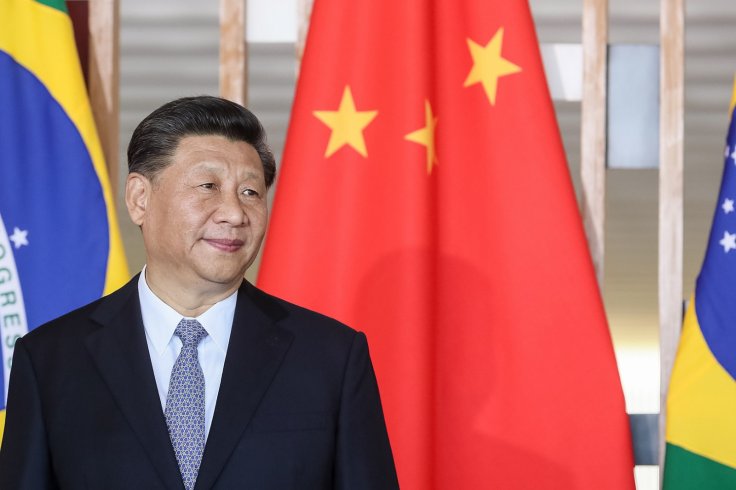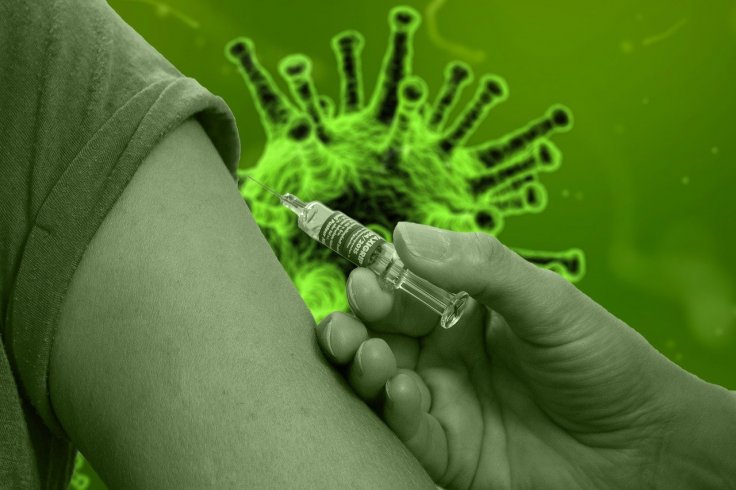In the early months of the COVID-19 pandemic, China became the frontrunner in developing vaccines that could end the worst health disaster of the century. With dozens of state-backed and private Chinese companies involved in developing COVID-19 vaccines, China looked all set to trump the US in the vaccine race. With effective vaccines, China could also win over scores of so-called poor countries that would otherwise side with the US. However, with 2020 nearing its end, China's vaccine diplomacy has all but failed.
China's early inroads in vaccine development were a big headache for the US and its allies. A confident China even began inoculating its military with CanSino Biologics' experimental COVID-19 vaccine as early as April when other potential candidates were either in phase I trials or still in development. But fast forward to late November, US drugmakers Pfizer and Moderna beat Chinese vaccine candidates as countries across the world lined up to give emergency approval to those two.
As for Chinese candidates, they are mostly approved for use inside mainland China besides the UAE and Bahrain with an unconfirmed efficacy rate. What has gone against China is that hardly anyone trusts its vaccines. In Pakistan, where China has been placing huge bets through multi-billion-dollar investments, not many trust Chinese vaccine candidates. "I won't take it. I don't trust it," Farman Ali Shah from Karachi said. Pakistan, which was supposed to buy Chinese-made vaccines, has said it would buy vaccines from the international market besides receiving 20 million doses from GAVI, an international vaccine alliance.

Mistrust and Dwindling Efficacy
Shah is not alone in not trusting Chinese vaccine candidates despite his country hosting two clinical trials that included immunizing senior government officials. Many people in African and South American countries too have reservations against Chinese-made vaccines.
"China has a great opportunity to do vaccine diplomacy and distribute a life-saving product. In my experience, every time they've engaged in diplomacy, they screw it up -- they manage to upset the countries on the receiving end of their aid," Jorge Guajardo, who was Mexico's ambassador to China for six years, told Bloomberg.
The primary reason is its history of poor management of vaccines and trust issues related to the handling of the pandemic in the early days. In 2016, local media reports in China revealed that around 2 million doses of measles and rubella vaccines were not properly stored that led to the death of four children. China's Shandong Food and Drug Administration later made public that around 25 vaccines were illegally stored. That led to public panic and immunization rates dropped.
That aside, multiple reports have come since January 2020, disclosing China's heavy-handed approach in disclosing vital COVID-19 information from the initial days. China not only falsified data about the outbreak but also stifled opposing voices, fueling further mistrust in its products.

Then there is the case of efficacy. Out of half a dozen Chinese vaccine candidates, only Sinopharm's BBIBP-CorV has more than 80 percent efficacy. As for Sinovac, the efficacy is vague at over 50 percent. Other vaccine candidates including CanSino Bio haven't yet published any efficacy rate. That has prompted countries to opt for Moderna, Pfizer, or upcoming AstraZeneca's vaccines or even Russian-made Sputnik V, meaning China is missing out on vital vaccine deals for 2021.
Chinese Vaccines for Poor Countries
While western drugmakers were expected to set a higher price for their vaccines, GAVI's COVAX, an international vaccine alliance, was supposed to provide equal access to vaccines to poor countries. But so far, COVAX has failed to secure the 2 billion doses that were assured.
With logistical and financial constraints, many African and South American countries are depending on other vaccine manufacturers to secure doses. There, China's close ally Russia could undercut the Asian giant with two already approved vaccines. While Russian vaccines also have a questionable efficacy rate, the country has a far better history in developing medicines and vaccines. Apart from Russia's Sputnik V, British-Swedish drugmaker AstraZeneca's vaccine has secured deals with India and other countries, making Chinese companies less relevant.
If AstraZeneca's vaccine that can be stored in normal refrigerators get an approval in the UK, Jinping's vaccine diplomacy would be in further jeopardy. "In a country where the Chinese vaccine is the only one available, you either accept it or not," Yanzhong Huang, who is a senior fellow for global health at the Council on Foreign Relations, said.
"But when you have choices between different vaccines, people are rational. They're certainly going to choose Western-made vaccines because they're the No. 1 choice, the data is already available, and they're safe. China, so far, they haven't had any systematic data available," he added.








